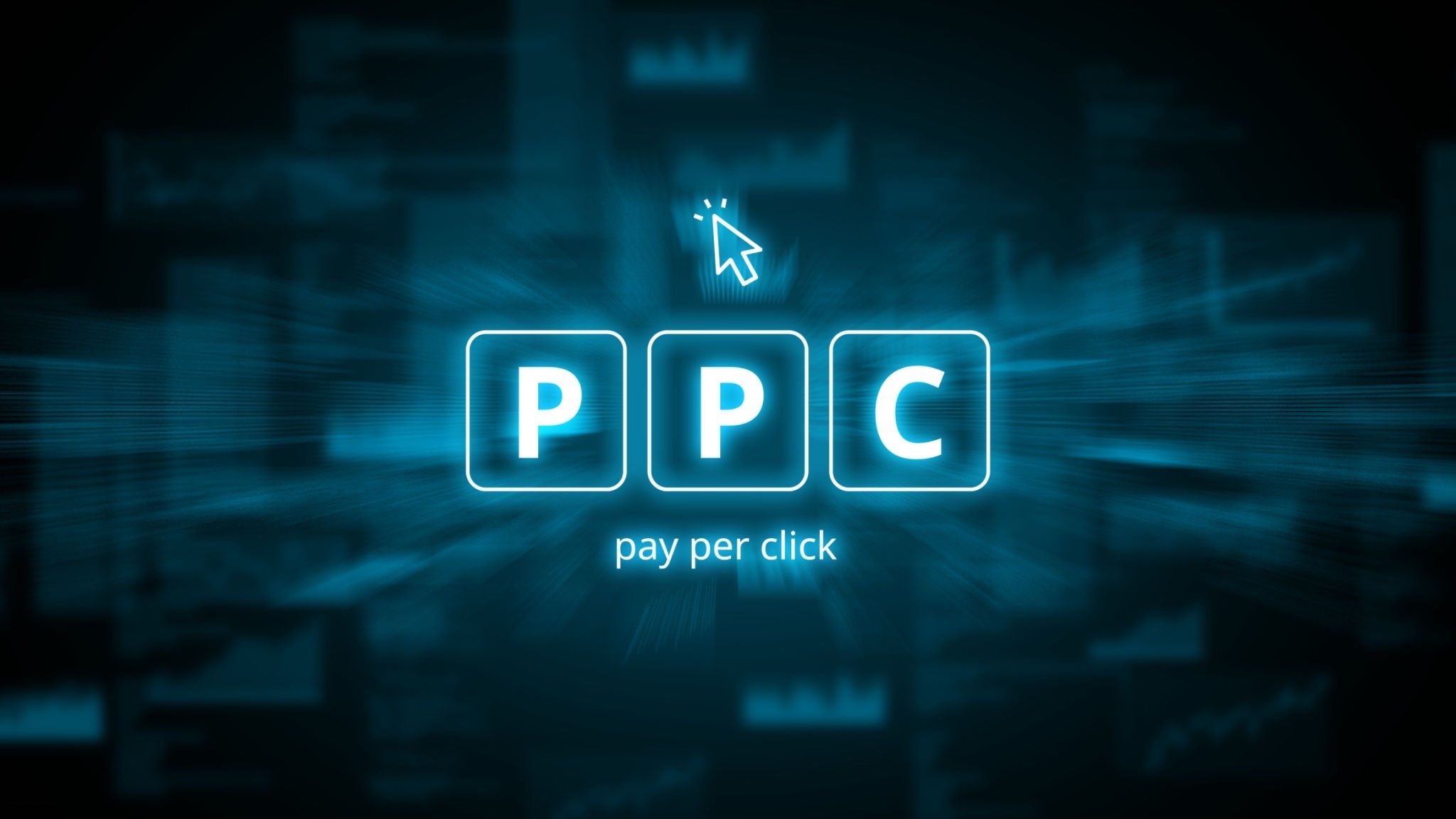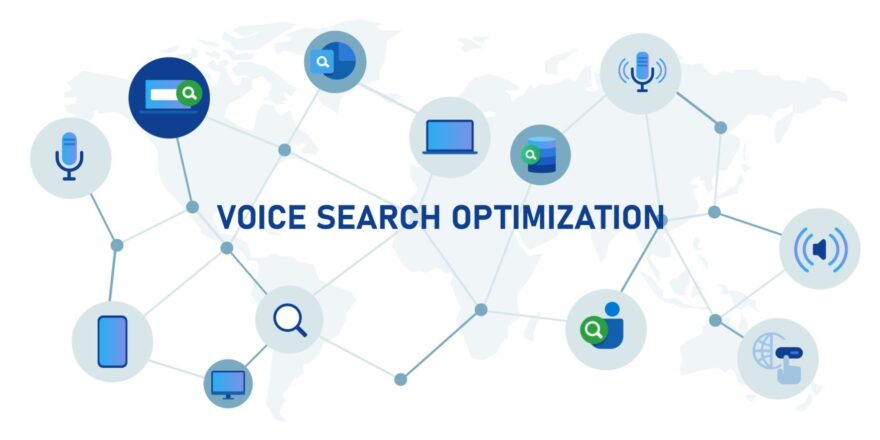Introduction
Pay-Per-Click (PPC) advertising is an essential component of any successful digital marketing strategy. When executed effectively, PPC campaigns can drive targeted traffic, boost conversions, and ultimately increase your ROI. However, to achieve these results, it’s crucial to continually optimize your PPC performance. In this blog post, we’ll explore six key strategies to help you maximize the effectiveness of your PPC campaigns.
1. Conduct Thorough Keyword Research
Keywords are the foundation of any PPC campaign. Proper keyword research helps you understand what your target audience is searching for and how to reach them effectively. Start by identifying relevant keywords and long-tail phrases that align with your products or services. Tools like Google Keyword Planner, SEMrush, and Ahrefs can aid in this process.
Once you’ve compiled a list of keywords, prioritize them based on search volume, competition, and relevance to your business. Incorporate these keywords into your ad copy and landing pages to improve ad relevance and quality score, which can lead to higher ad placements and lower costs per click (CPC).
2. Create Compelling Ad Copy
Your ad copy is your first opportunity to engage potential customers. It should be concise, informative, and tailored to your target audience’s needs and preferences. Here are some tips for creating compelling ad copy:
• Use action-oriented language: Encourage users to take specific actions, such as “buy now,” “learn more,” or “get started.”
• Highlight unique selling points: Showcase what sets your products or services apart from the competition.
• Include relevant keywords: Incorporate your chosen keywords naturally into your ad copy.
• Test multiple variations: Run A/B tests to determine which ad copy performs best and iterate accordingly.
3. Optimize Landing Pages
A well-crafted landing page can significantly impact your PPC campaign’s success. Ensure that your landing pages align with the ad’s message and provide a seamless user experience. Here are some optimization tips:
• Keep it relevant: Ensure that the landing page content directly matches the ad’s promise.
• Optimize load times: Faster-loading pages improve user experience and can reduce bounce rates.
• Use clear CTAs: Make it easy for visitors to take the desired action, whether it’s making a purchase, signing up, or contacting you.
• Mobile optimization: Ensure that your landing pages are mobile-friendly, as an increasing number of users access the internet via smartphones.

4. Implement Ad Extensions
Ad extensions enhance your ad’s visibility and provide additional information to potential customers. Google Ads offers various ad extensions, such as site link, callout, and structured snippet extensions. Use these extensions to provide extra details about your products or services, such as pricing, promotions, and unique features.
Ad extensions not only make your ads more informative but also take up more real estate on the search results page, increasing the likelihood of clicks. Take advantage of all relevant ad extensions to maximize your ad’s impact.
5. Monitor and Adjust Campaign Settings
PPC campaigns require ongoing monitoring and adjustments to achieve optimal results. Regularly review your campaign settings, including targeting options, bid strategies, and ad scheduling. Here are some key areas to focus on:
• Budget allocation: Allocate your budget effectively among different campaigns and ad groups based on performance.
• Negative keywords: Continuously add negative keywords to filter out irrelevant traffic and reduce wasted ad spend.
• Ad schedule: Analyze when your ads perform best and adjust ad scheduling accordingly.
• Bid adjustments: Utilize bid adjustments for devices, locations, and demographics to optimize performance.
6. Analyze Data and Refine Strategy
Data analysis is crucial to PPC optimization. Leverage the data provided by PPC platforms and analytics tools to gain insights into your campaign’s performance. Monitor key metrics like click-through rate (CTR), conversion rate, and return on ad spend (ROAS). Identify trends, strengths, and weaknesses in your campaigns and make data-driven decisions.
Regularly review and refine your PPC strategy based on your findings. Experiment with new keywords, ad copy variations, and targeting options. A/B testing can help you determine which changes have the most significant impact on your campaign’s performance.
Conclusion
Optimizing your PPC performance is an ongoing process that requires careful planning, monitoring, and adjustment. By conducting thorough keyword research, creating compelling ad copy, optimizing landing pages, implementing ad extensions, monitoring campaign settings, and analyzing data, you can enhance the effectiveness of your PPC campaigns and achieve better results for your business. Remember that PPC optimization is not a one-time task but a continuous effort to stay competitive in the ever-evolving digital advertising landscape.





